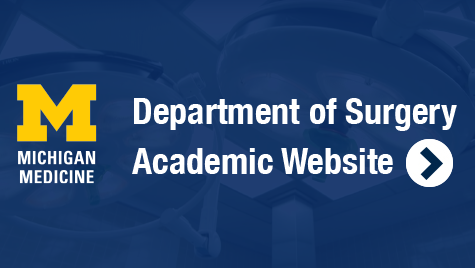Our internationally recognized trauma and critical care research initiatives are helping to improve the care and outcomes of patients who have suffered devastating, life-threatening traumatic injuries. Traumatic injuries are the number one cause of death and disability for individuals under the age of 44. Sadly, trauma takes lives of more young Americans than all other causes of mortality combined. Our research spans translational, clinical and advanced basic scientific investigations to better understand the mechanisms involved in the human body's response to these sudden, severe injuries.
The goals of our research initiative – one of the largest in the United States with over 40 active trauma research programs – is four-fold:
- To save lives and improve quality of life for survivors
- To minimize disability and other long-term consequences of traumatic injuries
- To reduce the economic and social impact of injuries
- To advance the trauma care field, enhance outcomes and improve the quality of care nationally and internationally
Discoveries by faculty, in the laboratory and through clinical trials, are changing how trauma specialists care for patients – before they enter the hospital, in our emergency and operating rooms, and long after they go home.


